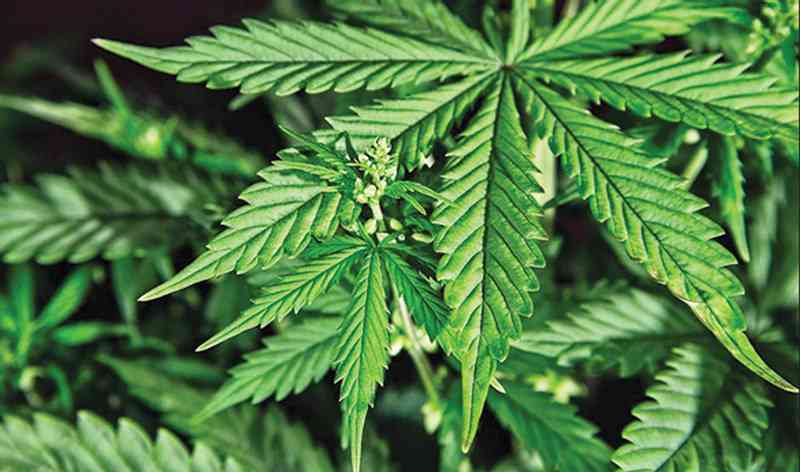
KUTSAGA Research Station (Kutsaga) and the Harare Institute of Technology (HIT) are collaborating on a project to show how sustainable innovation, using industrial hemp-based materials, is a workable response to the urgent global concerns of climate change.
Industrial hemp (Cannabis sativa) is a rapidly growing plant belonging to the family Cannabaceae that is understood to have originated in Central Asia.
The plant has been used for centuries in various ways including production of clothing and industrial products, and construction materials.
However, for years, hemp has been closely associated with its psychoactive cousin, marijuana, and as a result, has been subjected to inordinately strict regulations and prohibition.
On the global scale, the industrial hemp market was valued at about US$4 billion in 2022 and is expected to grow to US$18 billion by 2027.
Similarly, this trend has culminated in the legalisation of industrial hemp production and processing in Zimbabwe in 2020. Progressive legislation saw its removal from the list of dangerous drugs this year following heavy lobbying by the Zimbabwe Industrial Hemp Trust.
In a communique, the partners said they had done extensive research on various uses of industrial hemp and medical cannabis.
“By establishing sustainable, industrial development models, the prospects for creating job opportunities, alleviating poverty, and protecting the environment from degradation are well heightened, and HIT and Kutsaga's collaboration could catalyse innovation and produce much needed sustainable solutions,” the communique read in part.
- Interview: We re-create generative spaces for today’s hybrid workplace
- Kutsaga, HIT partner to tackle climate change
- Vice-chancellor pushes for AI curricula at HIT
Keep Reading
"HIT and Kutsaga's ongoing project on industrial hemp-based laminated paper and composite bio-plastics creates an alternative to traditional materials, bringing sustainable and eco-friendly solutions to Zimbabwe and Africa.
They added: "HIT and Kutsaga are working on demonstrating that sustainable innovation with industrial hemp-based materials is not just a practical alternative but a viable response to the pressing global challenges of climate change, environmental degradation, and socio-economic stability.
"The industrial hemp industry is growing rapidly, and the need for mechanisation will mean that the need for processing equipment will also continue to increase as more farmers begin to grow hemp at commercial scales.
"This innovation has economic and environmental benefits that generate new industries, enhance trade balance, and address climate change.”
Furthermore, the parties said Zimbabwe's adoption of legislation to allow the cultivation of industrial hemp provides ample opportunities for farmers to diversify their crops and contribute to sustainable development in the country.
They said this was in accordance with the government’s Vision 2030 with the objective of accelerating agricultural profitability and development in Zimbabwe.
“With an increasing focus on sustainable production and consumption in Zimbabwe, HIT and Kutsaga are providing a model for sustainable development”







